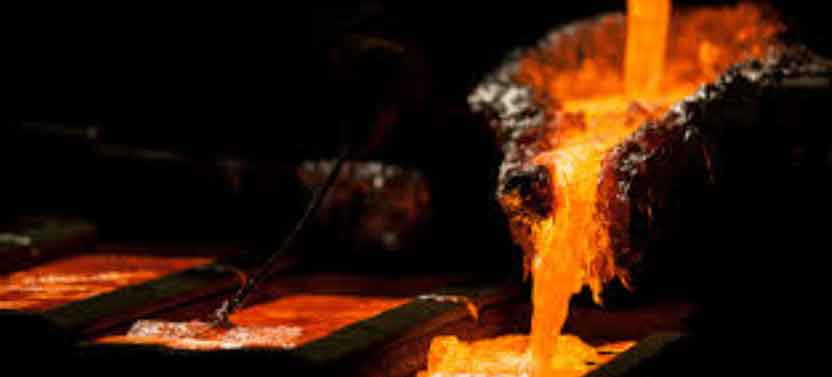
When engaging in casting manufacturing in China, it is essential to navigate the relevant regulations and standards to ensure successful production. China has specific guidelines and requirements that must be adhered to in order to meet legal obligations and maintain product quality. Here are some key considerations:
- Chinese Regulations and Standards: Familiarize yourself with the applicable regulations and standards for casting manufacturing in China. These include national standards, industry standards, and specific regulations related to environmental protection, occupational health and safety, quality control, and export/import requirements. The Chinese government has established various agencies and bodies responsible for setting and enforcing these regulations, such as the Standardization Administration of China (SAC), China National Accreditation Service for Conformity Assessment (CNAS), and General Administration of Customs (GAC).
- Quality Management Systems: Implementing a robust quality management system is crucial for successful casting production in China. The most widely recognized standard for quality management is the ISO 9001 certification. Ensuring that your Chinese manufacturing partners have ISO 9001 certification or a similar quality management system in place demonstrates their commitment to quality control and helps maintain consistency in production processes.
- Intellectual Property Protection: Protecting intellectual property (IP) rights is a critical aspect of doing business in China. It is essential to take appropriate measures to safeguard your designs, processes, and proprietary information. This can involve filing for patents, trademarks, or copyrights in China, as well as implementing strict confidentiality agreements and monitoring production processes to prevent unauthorized disclosure of sensitive information.
- Environmental Regulations: China has been actively implementing stricter environmental regulations in recent years. It is important to comply with environmental protection requirements during casting manufacturing to minimize the impact on the environment. This may include proper waste management, emissions control, and adherence to specific regulations related to hazardous substances and pollutants.
- Testing and Certification: Ensure that your casting products comply with relevant testing and certification requirements. Depending on the type of casting and its intended use, specific certifications may be necessary, such as China Compulsory Certification (CCC), China Energy Labeling (CEL), or specific industry certifications. Work with certified testing laboratories and certification bodies to ensure compliance with these requirements.
- Supplier Due Diligence: When selecting casting manufacturers in China, conduct thorough due diligence to assess their compliance with regulations and standards. Evaluate their certifications, quality control processes, environmental practices, and track record in meeting customer requirements. Visiting their facilities, conducting audits, and requesting samples can help you gauge their capabilities and ensure they meet your expectations.
- Communication and Documentation: Effective communication is crucial when working with Chinese manufacturers. Clearly communicate your requirements, specifications, and quality standards. Ensure that all agreements, contracts, and documentation are clearly defined, well-documented, and legally binding.
Working with experienced professionals, such as lawyers, consultants, or sourcing agents with expertise in Chinese regulations and standards, can provide valuable guidance and support throughout the process of casting manufacturing in China.
By navigating the regulations and standards effectively, you can minimize risks, ensure compliance, and establish a successful and sustainable production process in China.
